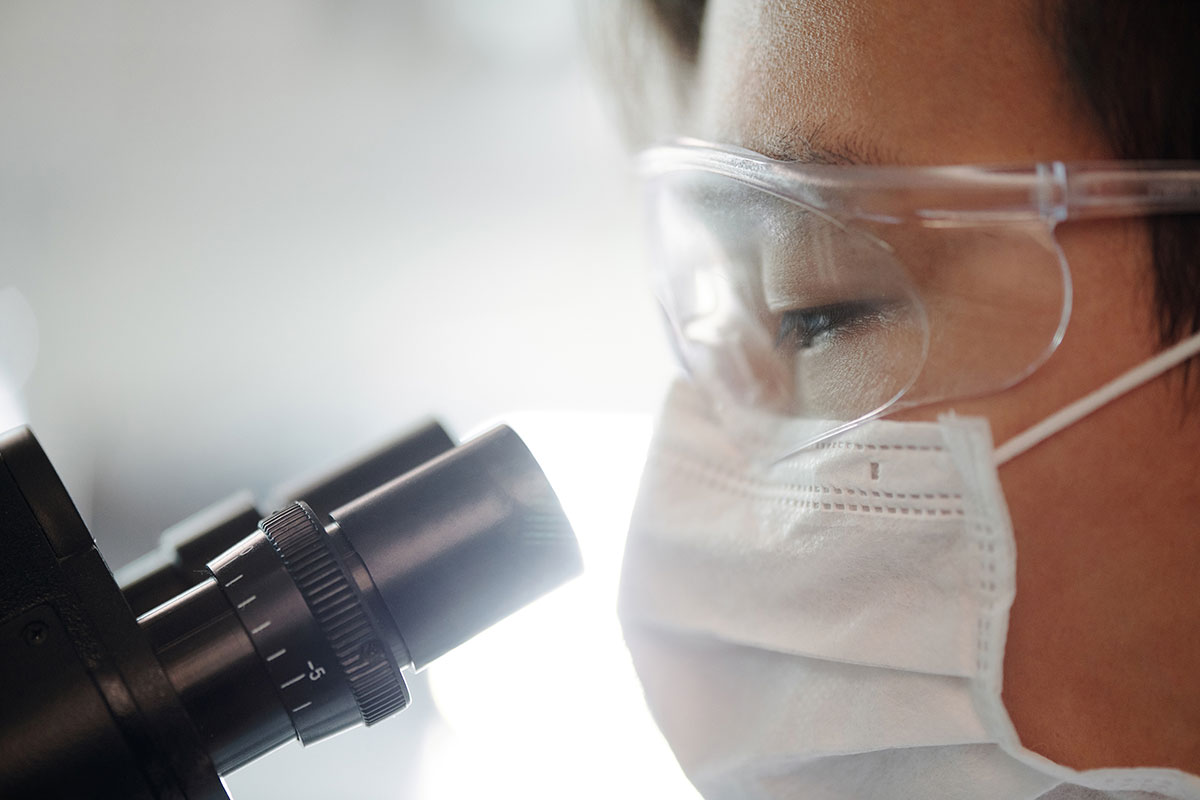Disclaimer: The information on our website is provided for general information purposes only. We make no representations or warranties of any kind, express or implied, about the completeness, accuracy, reliability, suitability or availability with respect to the website or the information contained on our website for any purpose. Any reliance on such information is therefore strictly at your own risk and we are not liable for any damages or losses arising out of or resulting from your reliance on any information contained on our website.
A virologist is a microbiologist who studies viruses present in living organisms. Additionally, they observe the viruses in clinical, agricultural, community, and natural environments. If you are interested in finding and helping cure viruses, this may be the career for you! Watch the following video from National Geographic.
How to Become a Virologist

To become a virologist, you will want to earn a bachelor’s degree in microbiology, physics, chemistry, or biotechnology. Once you have obtained a bachelor’s degree in a related scientific subject, you can apply to medical school to get your Doctorate. Earning a Ph.D. takes 4-6 years of classes and laboratory rotations. In the first one to two years of the Ph.D. program, you complete courses in anatomy, physiology, pharmacology, and other studies pertinent to medicine. The final two years involve clinical rotations in medical settings learning about different specialties in medicine, such as psychiatry, pediatrics, obstetrics, and cardiology.
During the Ph.D. virology program, you would write a dissertation on your research project. You are considered a Dr. of Medicine or M.D. upon completion. However, you still need training after that. Upon graduation, you will start specialized training in virology and then complete another 3-5 years of postdoctoral research training under an experienced doctor. You can pursue a residency with an institution, like hospitals, clinics, laboratory centers, or other placements that offer research training. After 4-6 years, you have the opportunity to move forward into postdoctoral positions in the academic industry, pharmaceutical business, law, or government research work. The end is now in sight! Now you need to get licensed unless you are a scientific virologist. A medical virologist must pass the exam given by the U.S. Medical Licensing Examination that tests your knowledge of diseases, viruses, injuries, and illnesses. These licenses vary from State to State.
Virologist Job Description
First, let’s clarify the difference between a virologist and an immunologist as these two professionals may often get confused. A virologist studies the viruses, such as rubella, herpes, hepatitis, and HIV, to determine how they multiply, develop, and have other properties. An immunologist studies the immune system, how it behaves, and helps patients with allergies or autoimmune diseases. Virologists have various duties that help diagnose, treat, and prevent the spread of infection in viruses. They study many conditions, like fungus, parasites, hepatitis, among other properties, and, more recently, are at the forefront of the Covid-19 virus. They can work in viral pathology, viral replication, viral oncology, viral therapy, and other developing viruses.
Microbiologists watch viral bacteria and administer various temperature, moisture, and air exposures for reaction. Virologists use sophisticated tools like electron microscopes and computer software to analyze viral presence. They may also supervise a team of researchers, including biological technicians, laboratory assistants, and technicians, and mentor them on proper procedures and equipment. They collaborate with other medical staff to help draw samples from patients for examination. Virologists also offer treatment recommendations to control epidemics in the community and recommend quarantine if necessary.
A virologist’s other duties might include research, planning, and coordinating. If applicable, they present completed projects to their employer or sponsoring organization. Some virologists apply for research funding. A virologist typically works 40 hours a week in medical schools, hospitals, government agencies, cancer treatment centers, clinics, medical research facilities, and laboratories.

